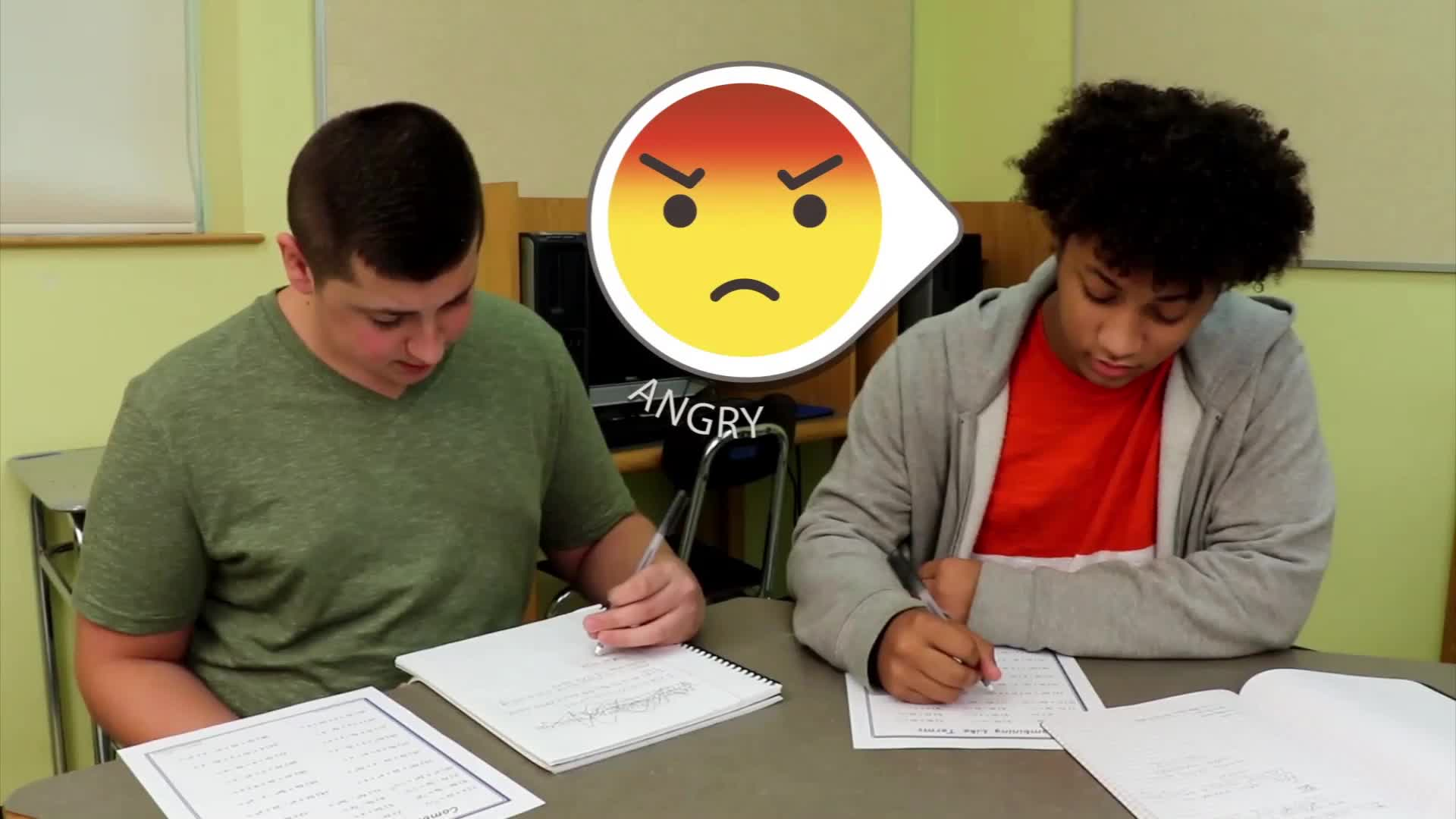
In this blog, we will explore the concept of bragging and how it can affect others. We will provide a no-prep activity for educators, discussion questions, related skills, and next steps for further exploration of this topic.
Introduction
Bragging refers to the act of talking excessively about one’s own achievements or abilities, which can often lead to annoyance or discomfort in others. It is essential for students to learn about bragging and how to express their accomplishments or talents in a more considerate manner. Incorporating principles of Social-Emotional Learning, we will guide educators in teaching students to be mindful of the time, place, and tone of voice when discussing their abilities, as well as understanding how bragging can impact others.
No-Prep Activity
This activity, called “Humble Sharing,” requires no preparation or materials from the educator. The purpose of this activity is to help students learn how to share their achievements without bragging.
- Divide the students into small groups of 3-4 members.
- Ask each student to think of a recent accomplishment or something they are good at.
- Have students take turns sharing their achievements with their group members, making sure to avoid bragging by considering the time, place, and tone of voice.
- After each student has shared, the other group members should provide feedback on whether they felt the sharing was humble or came across as bragging.
- As a class, discuss the differences between humble sharing and bragging, and how each can impact others.
Discussion Questions
These questions are designed to stimulate further discussions on the topic of bragging and its impact on others:
- Why do you think some people brag about their accomplishments or abilities?
- How does it make you feel when someone brags about themselves? How do you think it makes others feel?
- Can you think of a time when you felt like you were bragging? How could you have shared your accomplishment differently?
- How can being aware of the time, place, and tone of voice help in avoiding bragging?
- What are some strategies to help us remember to be mindful of our words and actions when sharing our achievements?
Related Skills
Teaching students about bragging and its impact on others can also help them develop other important skills, such as:
- Empathy: Understanding how others feel when we brag can help students develop empathy and be more considerate of others’ feelings.
- Active listening: Practicing active listening during discussions can help students become better listeners and be more aware of how their words can affect others.
- Self-awareness: Being aware of our own actions and words can help students develop self-awareness and make better choices in social situations.
- Effective communication: Learning how to share our accomplishments without bragging can improve our communication skills and help us build better relationships with others.
Next Steps
We hope this blog post has provided valuable insights into teaching students about bragging and its impact on others. If you’re interested in exploring more activities and resources related to this topic, be sure to sign up for free samples of our skill-based materials at Everyday Speech. We offer a wide range of resources to support educators in promoting Social-Emotional Learning and creating a positive learning environment for all students.

